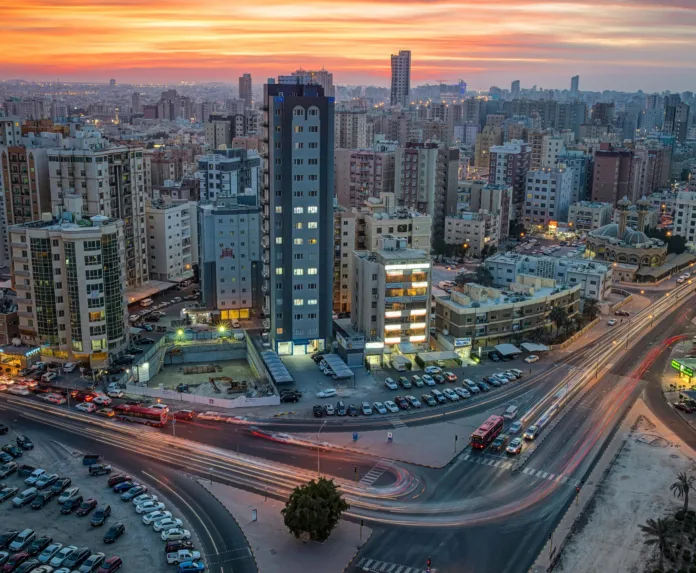S&P Global PMI data reveals steady non-oil business growth across the UAE, Kuwait, and Qatar, driven by higher demand and ongoing diversification efforts
Non-oil business activities in the UAE, Kuwait, and Qatar demonstrated resilience in October, with S&P Global’s latest Purchasing Managers’ Index (PMI) report showcasing regional economic growth despite varied challenges. The UAE’s PMI climbed to 54.1, up from 53.8 in September, indicating a boost in non-oil business activity as demand continued to rise. Firms in the UAE expanded output, maintaining strong work pipelines to manage backlogs effectively.
The UAE’s increase in business activity follows its diversification efforts, which aim to reduce the country’s reliance on oil by bolstering other sectors, notably tourism. David Owen, S&P Global’s senior economist, noted that expansion in UAE business activities accelerated, reflecting firms’ response to high client numbers and rising sales volumes. However, while orders continued to grow, the pace dropped to its lowest since early 2023, impacting job creation, which slipped to a 30-month low. In response, companies cut prices to stimulate sales, marking the first reduction in six months, as input cost pressures also eased.
Embed from Getty ImagesS&P Global’s report highlighted Kuwait’s and Qatar’s similar growth trajectories, with business sentiment recovering slightly despite a noted slowdown in job creation. Across all three nations, firms anticipate resilient demand moving forward, though concerns over high competition and uncertainty remain.
The region’s non-oil sectors are pivotal to each country’s broader economic ambitions. In Kuwait and Qatar, PMI readings remained above 50, the threshold indicating expansion, suggesting a positive growth outlook, albeit tempered by some economic uncertainties.
